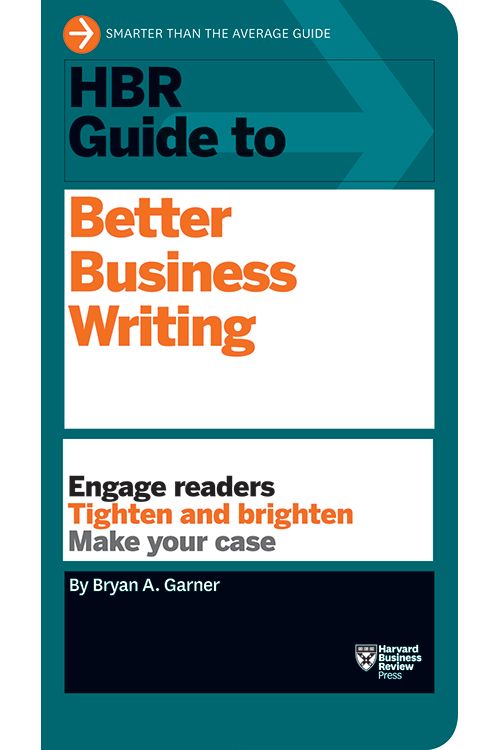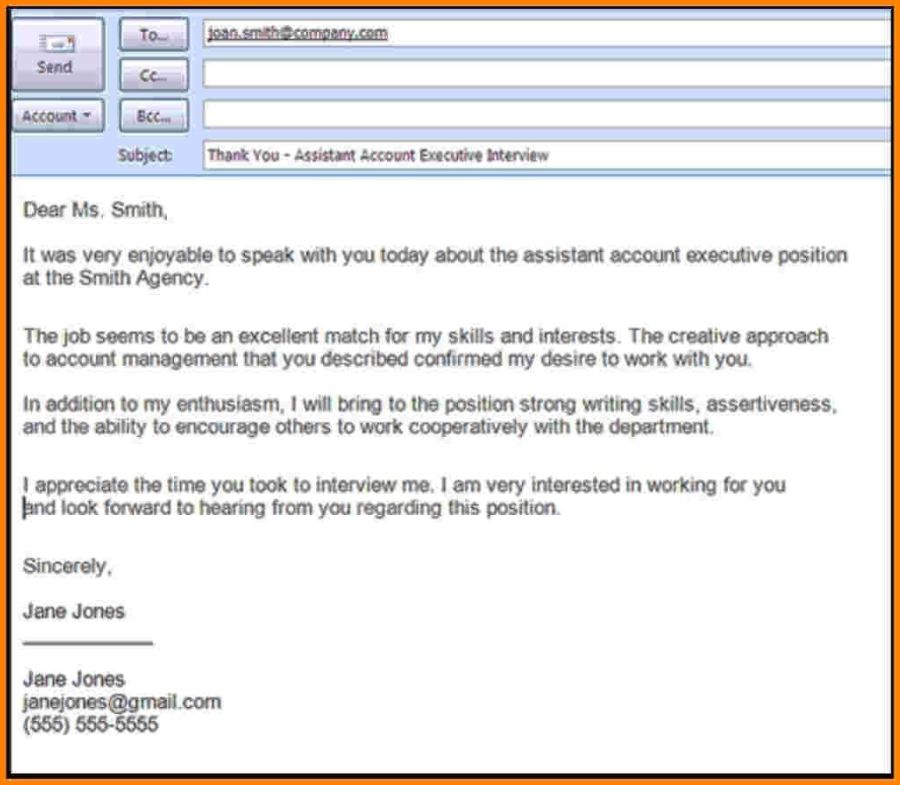In 2011, an old friend was living and working in Africa. Luise Parsons is a doctor from the United Kingdom and on retiring from her practice in London she wanted to contribute to a country that she loved: Botswana. For a few years she went out there to teach family medicine in a hospital in Maun, the town nearest the Okavango delta, a vast inland river delta with a lush animal habitat. The opportunity to visit such a beautiful country, and in the company of a friend who was living and working there, was an unforgettable experience. Apart from the wildlife and scenery, which are both outstanding, one of the most fascinating things was the culture, in particular the way everyone greets one another.
As you walk down the road in Botswana, even the most casual encounters merit a formal greeting in Setswana: 'Dumela-Mma' if you are a woman, and 'Dumela-Rra' if you are a man. This ritual also involves a complicated handshake, where your left hand, symbolising a direct route from the heart, must grip the elbow of the right arm that you are proffering. And I am pretty sure that a head nod and a smile come into the picture too.
Until I had experienced it in person, I had assumed that Alexander McCall Smith, in his evocative series about Botswana, The No.1 Ladies Detective Agency, was exaggerating in his depiction of how important it was to greet each other. But I soon learnt that in Botswana every greeting meant “I see you” and that if you did not greet someone in that way, it was considered to be unforgivably rude.
Making a good first impression is important. This week my 16-year old nephew Toby starts sixth form at a new secondary school in England. This is the equivalent of junior in the United States or year 11 in Argentina, and in the United Kingdom, it is often an opportunity to change schools. For the first time in his school life Toby will not be wearing the protective camouflage of uniform. He wants to get off to a good start, so he’s put a lot of thought into what he’ll be wearing on Thursday morning. He’s had a cool haircut and bought a new T-shirt and jeans, as well as a pair of on-trend trainers, but he’s still nervous. And every time he thinks about that moment when he’ll have to walk into a classroom where he won’t know anyone and doesn’t yet have a place to sit or even less, a friendly face to sit beside, his stomach churns.
We can often feel a similar, if less dramatic, hollow sensation of fear when starting to write an article, report or even an email. And today our feeling is justified. As mentioned in my first article on clear communication, people are reading differently today. Most readers will take about 30 seconds to read the first couple of lines of what has taken us hours to write, and if they are not immediately hooked, they will give up there and then.
 So how can we engage our readers so that they carry on reading what we have so painstakingly written?
So how can we engage our readers so that they carry on reading what we have so painstakingly written?
This does depend a lot on what we are writing. In a professional context, if it’s a report, the best way is to start by telling the reader why the report has been commissioned and then go straight into what legal writing expert and author of Better Business Writing, Bryan A. Garner, calls “the deep issue,” or the fundamental topic the report is covering.
For a journalistic article, try to give a brief outline of the situation. The BBC is particularly good at summing up complex scenarios in just a few sentences before giving the latest news. Always give the reader old information before new, so that they are in a familiar context before you update them.
When it comes to professional email there are any number of ways to  start: describe a situation, an objective or even ask a question. But first of all remember that you are writing to a person, or persons. In order to engage them, you need to create a connection and make them feel acknowledged. You can do this by asking them how they are, what they’ve been doing, or bringing up a topic you might have in common like sport, or the weather. However trite that may seem, it is a good way of relating to others. Just as any passerby will greet another in Botswana, we need to find a way of saying to our readers “I see you” and now you have a reason to see me and more to the point, read me.
start: describe a situation, an objective or even ask a question. But first of all remember that you are writing to a person, or persons. In order to engage them, you need to create a connection and make them feel acknowledged. You can do this by asking them how they are, what they’ve been doing, or bringing up a topic you might have in common like sport, or the weather. However trite that may seem, it is a good way of relating to others. Just as any passerby will greet another in Botswana, we need to find a way of saying to our readers “I see you” and now you have a reason to see me and more to the point, read me.
Our task as writers is to make a connection with our reader, whether it is by setting up the context for them to feel comfortable in what may be a complex topic, or making a polite nod to them even though we have never actually met them in person. And this is essential in order to engage our ever more fickle 21st century reader. At the beginning of any piece of writing we need to find a way of holding out a hand to them while our other hand comes straight from our heart.






















Comments